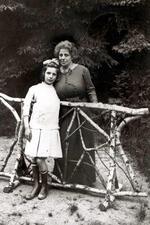
Justine Wise Polier
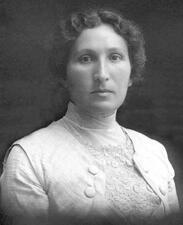
Political Parties in the Yishuv and Israel
Women’s political parties have played an important, though to date poorly acknowledged, role in the social and political history of Israel. They had a significant impact on women’s participation in power center, political and other; they placed a major part in the struggle for women’s right to vote and to be elected; they raised the issue of violence against women, and much more.
Politics in the Yishuv and Israel
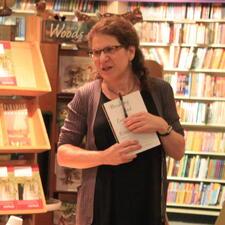
Eileen Pollack
Virginia Morris Pollak
During World War II, sculptor Virginia Morris Pollak used her deep understanding of clay, plaster, and metal to revolutionize reconstructive surgery for wounded servicemen. This earned her a presidential citation, and she was later appointed to JFK’s Commission for the Employment of the Handicapped. Pollak also co-founded her own sculpture studio and chaired the Norfolk Fine Arts Commission, beautifying her hometown with an outdoor sculpture museum at the Botanic Garden.
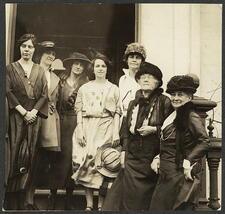
Anita Pollitzer
Shirley Polykoff
Shirley Polykoff became one of the top advertising executives of the mid-twentieth century by crafting ad campaigns that transformed how Americans saw products from coffee to hair dye.
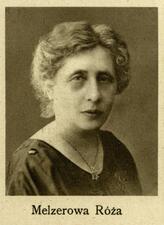
Róża Pomeranc-Melcer
Róża Pomeranc Melcer was a social reformer, feminist, and Zionist active in Galicia and later in Eastern Lesser Poland. She was the first and only Jewish Member of Parliament in the Second Polish Republic (1918-1939) and championed the goals of modern Zionist women's politics.
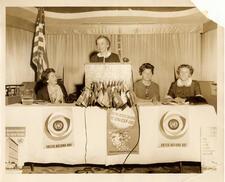
Josephine Wertheim Pomerance
Josephine Wertheim Pomerance spearheaded efforts for nuclear arms control as founder and head of the Committee for World Development and World Disarmament (CWDWD). She co-founded the CWDWD in 1950, helped to finance the organization, and led its efforts to convince Americans to support global development and oppose nuclear weapons.
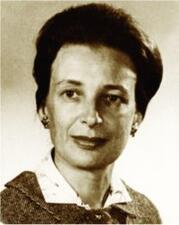
Judith Graham Pool
Judith Graham Pool was a physiologist whose scientific discoveries revolutionized the treatment of hemophilia. Pool isolated factor VIII and created a concentrate made from blood plasma that could be frozen, stored, and used by hemophiliacs in their own homes.
Tamar De Sola Pool
Born into a family deeply involved in Jewish activism and scholarship, Tamar De Sola Pool spent over a decade as both a Hadassah chapter president and later Hadassah’s national president. She wrote two books in collaboration with her husband, volunteered at displaced persons camps in Cyprus, and helped resettle Jewish children in Palestine with Hadassah.

Orna Porat
Orna Porat was a leading actor at the Cameri Theater who also performed at the Habimah, the Beer-Sheva Municipal Theater, Beit Lessin, and the Yiddish Theater. After immigrating to Israel from Germany, Porat struggled to learn Hebrew and break into the theater world, but ultimately she was successful. She is known for serving on the Cameri’s administrative board and founding the Cameri Children’s Theater.

Ruth Porat
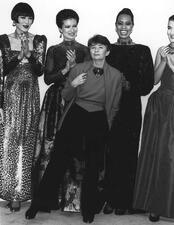
Lucie Porges
Lucie Porges brought a combination of elegance and a relaxed sensibility to her long and fruitful collaboration with top fashion designer Pauline Trigère. As she continued to design, Porges also imparted her immense knowledge in the Fashion Department of the New School for Social Research.
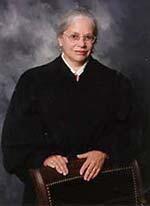
Deborah T. Poritz
Deborah T. Poritz was New Jersey’s first female attorney general and in July 1996, she was sworn in as the first woman chief justice of the New Jersey Supreme Court. She served in that position until she reached the compulsory retirement age of seventy in 2006.
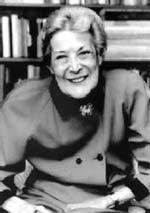
Sylvia Field Porter
The first woman on the financial desk of a big-city newspaper and the first woman to break into the world of writing about finance, Sylvia Field Porter was a pioneering economist, columnist, and best-selling author. For over half a century, she educated the American consumer about money matters, empowering women to achieve economic independence.

Natalie Portman
Natalie Portman is an actress and activist who takes pride in her acting roles as a reflection of her activism. Her ultimate goal is to raise awareness of the role and importance of women.
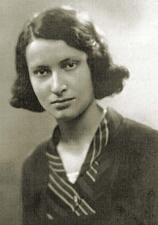
Zosha Posnanska
A left-wing political activist and Soviet intelligence recruit, Zosha Posnanska was a fearless fighter against the Nazis and for a peaceful world.
Post-Biblical and Rabbinic Women
IIn antiquity, the treatment of women drew from patriarchal biblical traditions. Despite a few notable exceptions, women had minimal legal rights but were active participants in alternative Jewish sects and could hold office. As rabbinic material was codified, control over women increased, although the literature was not exclusively restrictive towards women.
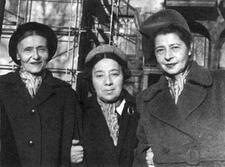
Rikudah Potash
Crowned “the Poetess of Jerusalem” by Sholem Asch, Rikudah Potash wrote in Yiddish about the landscape of her beloved city and its diverse ethnic communities. She brought to Yiddish readers the rarely seen Middle Eastern Jewish woman. Potash’s Jerusalem, both the heavenly and the earthly, was a capacious universe that she inhabited, body and soul, for thirty years.

Poverty: Jewish Women in Medieval Egypt
The documents recovered from the Cairo Genizah give insight into the lives of Jewish women in poverty in medieval Egypt. Without husbands, women were often left without any means of earning a living, though the Jewish community assumed responsibility for providing for widows.
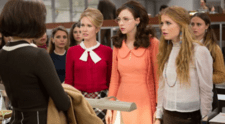
Lynn Povich
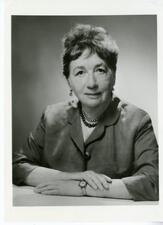
Hortense Powdermaker
Hortense Powdermaker explored the balance of involvement and detachment necessary for participant-observer fieldwork in cultural anthropology, stressing the ability to “step in and out of society.” Her secular Jewish identity was apparently a factor in learning this skill, exemplified in an academic career that included thirty years of college teaching and the writing of five major books based on widely diverse fieldwork studies.
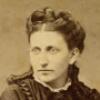
Mary Goldsmith Prag
One of California’s first Jewish educators, Mary Goldsmith Prag came to San Francisco as a young child during the Gold Rush. She became a religious and secular teacher, an administrator, a fighter for equal rights for women, and the mother of the first Jewish congresswoman, Florence Prag Kahn.
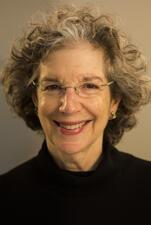
Riv-Ellen Prell
Anthropologist Riv-Ellen Prell initiated ethnographic study of ordinary American Jews that paid attention to religion, gender, ritual, and cultural performance. Her work addresses the primacy of gender in twentieth-century Jewish life and looks at economic and power relations often expressed through negative stereotypes of Jewish women.


